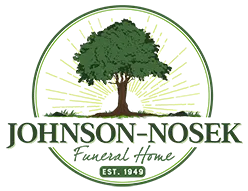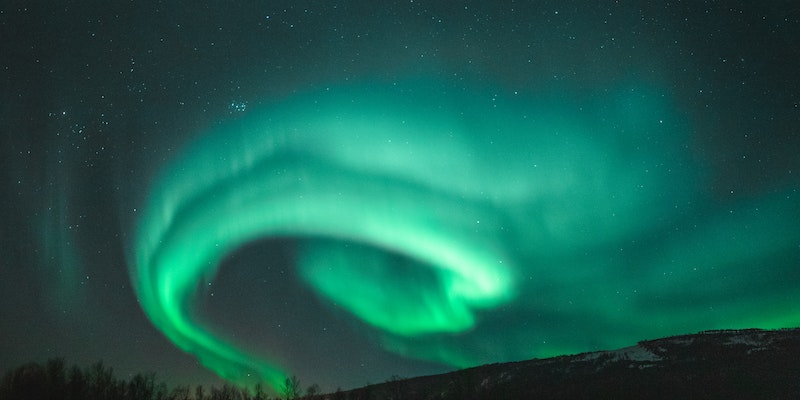Cross-Cultural Funerals


For the past two decades, the traditional funeral has been in flux due to some factors, including changes in social stratification as a result of a declining economy, increased immigration to the United States, the neo-local spread of the family to many locations, increased demand for cremations, a decline in religious practices and increased secular observances, and a shift from ancestral to contemporary funeral rites. However, there are cultural universals that have remained consistent in terms of announcing the death, caring for the deceased, a method of disposition, a ceremony, and a memorialization. Contact the funeral homes in Brookfield, IL for more information.
The United States is a nation of immigrants reflecting a wide range of cultural diversity. Within a culture, there are numerous subcultures with distinct characteristics. Funeral service professionals have had the honor of arranging and directing funeral rites from a wide range of cultural backgrounds and they are privileged to be a part of a society that values the care and respect of the dead, regardless of the deceased’s social, economic, religious, or ethnic status within the community.
Funerals for African-Americans
African migrants to the United States continue to practice ancestral rituals in their funerals. For Africans, economics is a secondary consideration because the entire community is expected to contribute to the family’s expenses, food, and necessities. The higher the deceased’s social status, the more complex and expensive the funeral rite. The wake lasts several days. The funeral begins and ends with ritualistic drumming, singing, and dancing, and libation is poured while the priest speaks in the language of the family’s common ancestors or geographic location in Africa.
Funerals for Latin Americans
Latin Americans, on the other hand, hold wakes for at least two days, for twenty-four-hour periods, with an open casket for viewing, a full Catholic funeral mass, and burial in a Catholic cemetery. In Latin culture, funeral rites are also communal events. Social standing and economic status are secondary considerations, with the family, religion, and community members donating whatever is required to provide the deceased with a proper burial. The Pentecostal religion has also gained popularity among Latinos.
Funerals for Muslims
Funeral rites are based on ritual rather than economic or social standing within the religious group. Embalming and cremation are frowned upon. Muslims turn the deceased in the casket to the east, arrange the funeral site with the chairs facing east, and bury the deceased with the grave facing east to Mecca. The mosque is where the majority of the services are held.
Funerals for Buddhists
Contemporary Buddhist funeral rites are modified at the family’s request, but the initial chanting and priest offering, which is inherent in Asian culture, remains strictly traditional. The services are usually elaborate, communal, and symbolic. Often, entire families have migrated to America, bringing with them funeral rituals that are deeply rooted in their Asian culture.
The continuity that exists across cultures suggests that funerals are held not only to provide comfort for the living, but also to ensure that ritual, attention, and honor are given to the deceased respectfully and appropriately. The traditional American funeral has been the most popular among most cultural groups for decades. The funeral service practitioner is charged with conducting each funeral with personal attention and dignity, as well as appropriately adapting the funeral arrangements to satisfy the economic, religious, contemporary, or traditional protocols of the families they serve. The funeral homes in Brookfield, IL can arrange for a traditional funeral or something unique. Many cultures and religions have their funeral customs, and we will do our best to accommodate your wishes. Contact us today if you need help or would like to get more information about our services.


